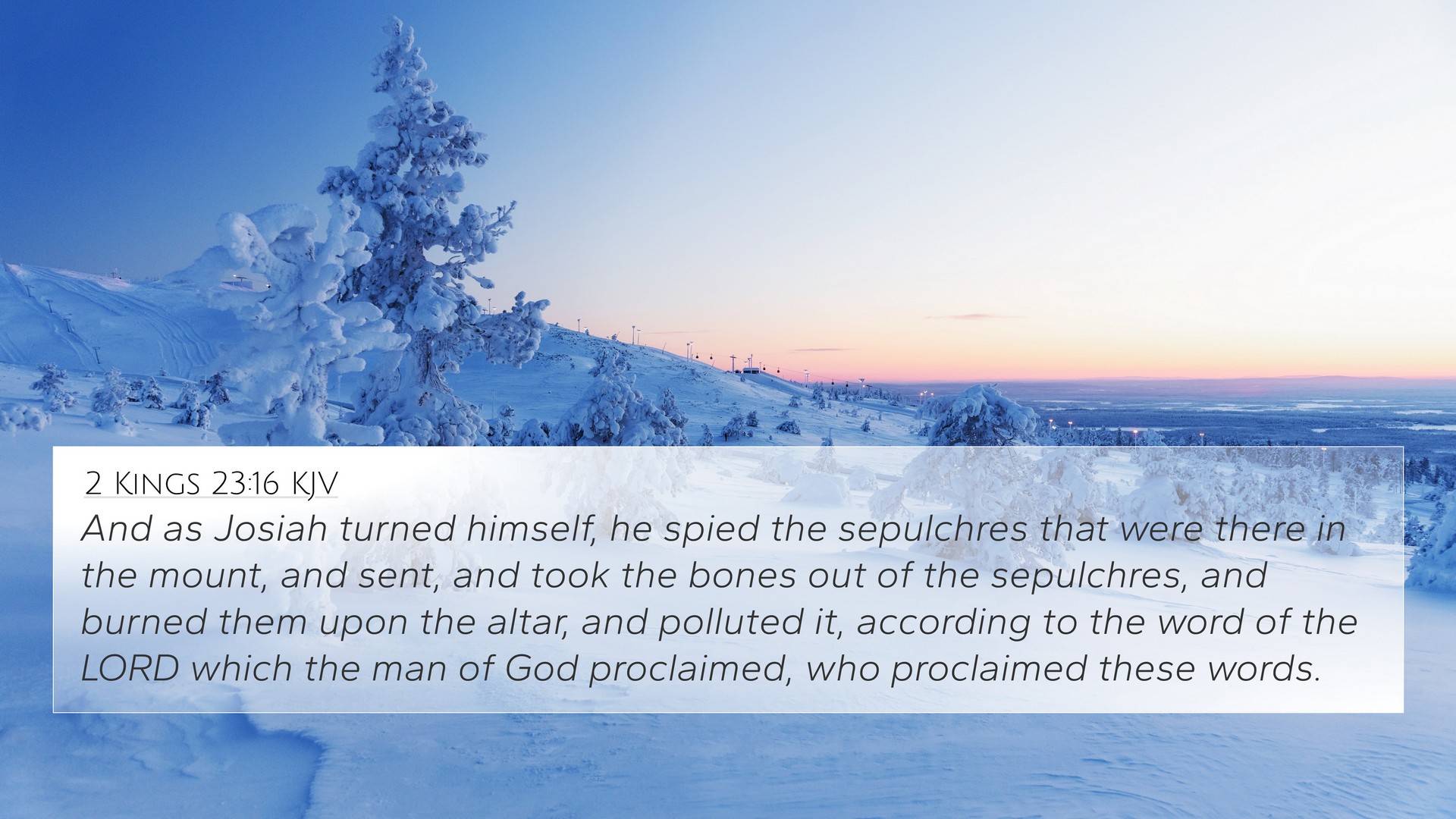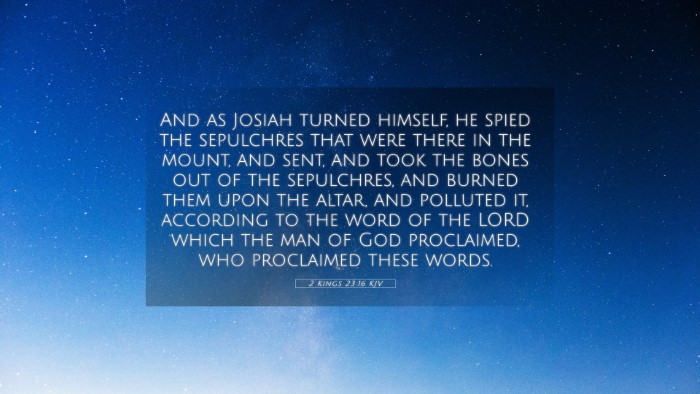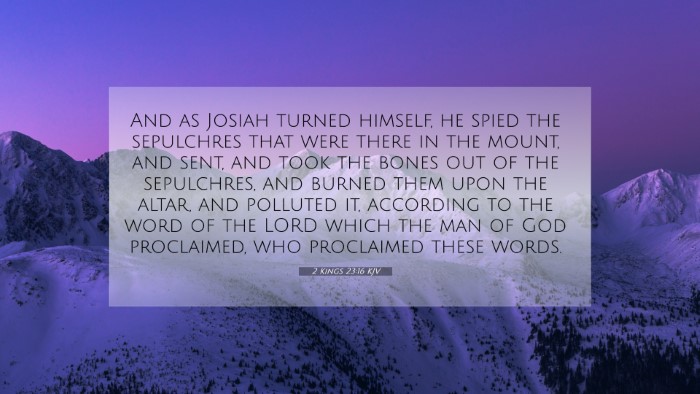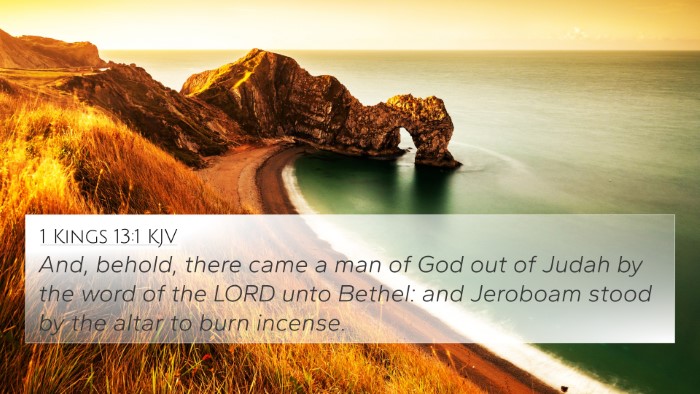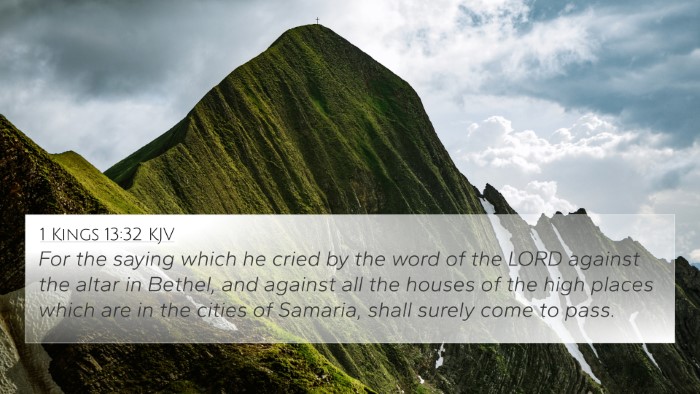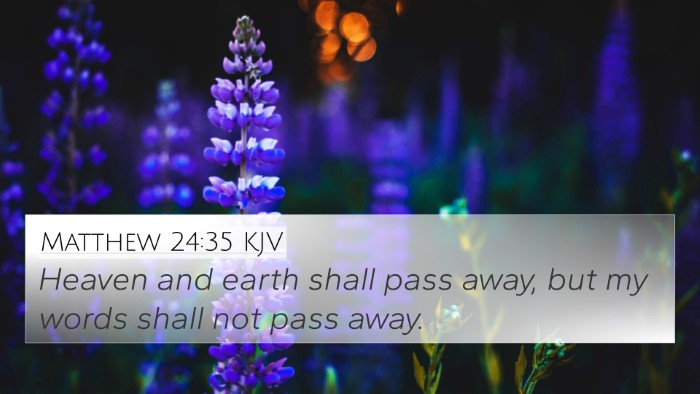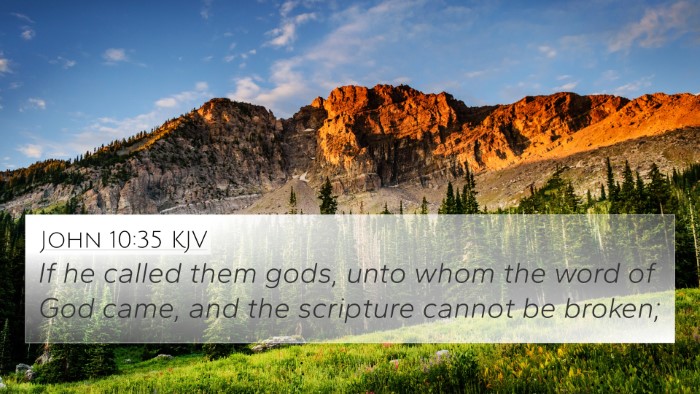Understanding 2 Kings 23:16
Verse Text: "And as Josiah turned himself, he spied the sepulchres that were there in the mount; and sent, and took the bones out of the sepulchres, and burned them upon the altar, and polluted it, according to the word of the LORD which the man of God proclaimed, who proclaimed these words." (2 Kings 23:16)
Summary of 2 Kings 23:16
This verse describes a significant act performed by King Josiah during his religious reforms aimed at restoring true worship in Judah. He discovers sepulchres while conducting a purge of idolatry and, in an act of defiance against the previous sinful practices, removes the bones from these graves and burns them on the altar, thereby desecrating the site of false worship.
Commentary Insights
- Matthew Henry:
Henry emphasizes the zeal of Josiah in cleansing Judah from idolatry, noting the fulfillment of God's prophetic word against idolatrous practices. By burning the bones, Josiah was making a statement against the pagan worship linked to those graves, showing his commitment to worshipping the one true God.
- Albert Barnes:
Barnes reflects on the significance of Josiah's actions in light of the previous prophecies given by prophets such as the man of God from Judah. He underscores the depths of Josiah's righteousness and how he purposefully rid the land of any remnants that suggested pagan worship, thus reaffirming his dedication to God's commands.
- Adam Clarke:
Clarke elaborates on the historical context of Josiah's actions, explaining the cultural implications of removing bones from sepulchres. He suggests that such acts were meant to not only signify a break from the past but to serve as a powerful message against the idolatry that had permeated Judah for generations.
Bible Cross-References
In examining 2 Kings 23:16, several cross-references highlight similar themes of idolatry, prophetic fulfillment, and righteous deeds:
- 2 Kings 23:15: Josiah's destruction of the altar at Bethel, signalling the eradication of false worship.
- 1 Kings 13:2: The prophecy regarding the altar at Bethel, which Josiah fulfilled by burning heathen sacrifices.
- 2 Kings 21:16: King Manasseh's sins, which led to God's judgment, contrasting Josiah's righteous reign.
- Jeremiah 7:30-31: The condemnation of Judah for their idol worship, which Josiah actively opposed.
- Deuteronomy 12:3-4: God’s command to destroy places of idol worship, aligning with Josiah’s actions.
- 2 Chronicles 34:5-7: The narrative of Josiah’s reforms further illustrates his dedication to eradication of idolatry.
- Hosea 9:6: A reminder of the fate of those who follow false gods, reinforcing the importance of Josiah's reforms.
Thematic Connections
This verse and its interpretations present thematic connections found throughout the Bible, particularly concerning:
- Reformation and Restoration: The theme of returning to pure worship aligns closely with passages in Nehemiah and Ezra where the people sought to restore their covenant with God.
- The Role of Prophecy: Josiah's adherence to prophetic words exemplifies the significant weight of prophetic revelation in the life of Israel.
- Judgment and Mercy: The balance between God's judgment on sin and His desire for repentance is a recurrent theme in both the Old and New Testament.
- Idolatry and Its Consequences: Continual warnings against idolatry found in prophetic literature highlight God’s call for holiness among His people.
Conclusion
2 Kings 23:16 is a crucial verse that encapsulates the resolve and zeal of King Josiah in purging idolatry from Judah. It serves as a powerful reminder of the prophetic dimensions within the narrative and the importance of sincere worship. By examining this verse through cross-referencing and thematic analysis, believers can gain profound insights into the nature of God’s expectations and the consequences of turning away from Him.
SEO Keywords
This analysis provides insights into:
- Bible verse cross-references
- Connections between Bible verses
- Linking Bible scriptures
- Comparative Bible verse analysis
- Bible verses that relate to each other
- Cross-referencing Biblical texts
- Thematic Bible verse connections
- Bible verse parallels
- Scriptural cross-referencing
- Inter-Biblical dialogue
